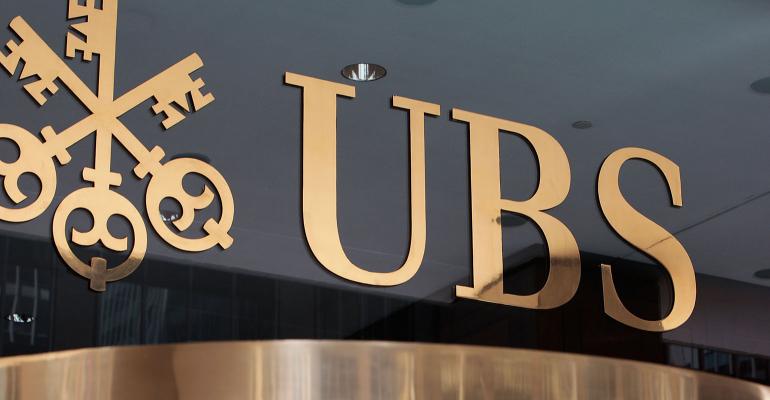NEW YORK, Sept 28 (Reuters) - UBS Group AG has agreed to pay more than $15 million to settle U.S. Securities and Exchange Commission charges that its failure to properly train brokers led to customers buying hundreds of millions of dollars of unsuitable securities.
The SEC said on Wednesday that UBS from 2011 to 2014 sold about $548 million of "reverse convertible notes," derivatives tied to individual stocks, to more than 8,700 retail customers who were relatively inexperienced and unsophisticated.
These notes, with mouthfuls of names as Trigger Phoenix Autocall Optimization Securities and Airbag Yield Optimization Securities, were sold to people of modest means, often with low risk tolerances, and included some retirees, the SEC said.
"UBS dropped the ball," SEC enforcement chief Andrew Ceresney said in a statement.
Gregg Rosenberg, a UBS spokesman, in a statement said the Swiss bank was pleased to settle. It did not admit wrongdoing.
UBS's payout includes a $6 million civil fine, $8.23 million of improper gains and about $798,000 of interest.
The case is part of a years-long crackdown by the SEC, the Financial Industry Regulatory Authority and other regulators to stop banks and brokerages from selling products that retail and even professional customers may not want, need or understand.
According to the SEC, UBS's notes were designed to offer attractive yields with a lessened risk of loss.
But Ceresney said on a conference call that UBS's training focused on describing the "potential upside" from the various products, not their volatility.
"Due to the rising stock market most of these products did perform well," Ceresney said. "But our view of the harm was due to the unsuitable recommendations."
Many critics of structured products have said they can be too opaque and expensive.
Ceresney said the UBS case also reflected SEC efforts to "harness the power of big data analytic techniques."
He said this enabled the regulator to uncover a "pattern" of questionable sales to particular groups of customers, without having to go customer-by-customer.
"We will use these advanced analytic techniques" in future investigations, Ceresney said. (Reporting by Jonathan Stempel and Elizabeth Dilts in New York and Tim Ahmann in Washington, additional writing by Eric Walsh; editing by Alan Crosby and Richard Chang)






